Anyone with feet, male or female, should never forget about foot care as an essential part of hygiene and overall well-being. Think about how much you depend on your feet.
While neglecting your feet, you are inviting all kinds of problems to enter into the picture.
Your feet work hard and for that reason alone, need attention to stay healthy, free from infections and prevention of other foot conditions.
How Often Should a Man get a Pedicure?
If it makes the guys feel better, don’t call footcare a pedicure.
In reality, a pedicure is nothing more than just paying particular attention to your feet and properly taking care of them.

Just like a shower feels good, proper foot care does, too.
There is more good news. It doesn’t take a lot of extra time and effort for a pedicure.
You can make a big difference in your feet’ appearance and health with a pedicure once every 2-3 weeks.
If you do, here is just a shortlist of potential foot issues you can either treat or avoid altogether.
Calluses
At one point or another, everyone gets calluses. Calluses form a protective layer of hard, thick skin that protects new, more sensitive skin layers underneath.
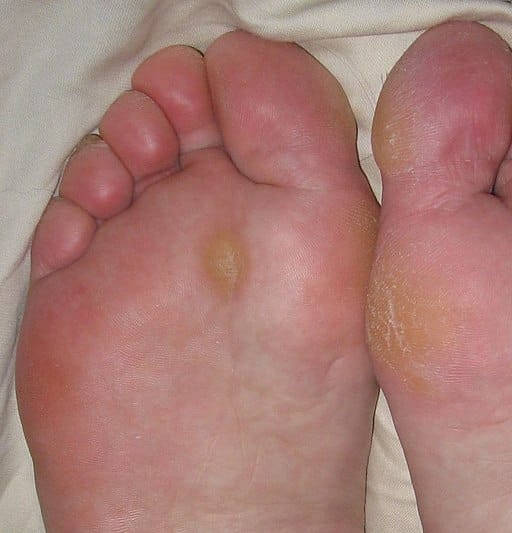
Constant pressure, friction (especially from ill-fitting footwear), rubbing, an uneven gait, and being overweight can all result in putting extra pressure and friction on the feet. The next thing you know, you have calluses.
Calluses, while not typically painful, are unsightly and won’t go away without attention. After a time, they get bigger, the skin gets thicker or starts to peel. In time, calluses may become painful and are certainly not attractive.
Can you Pick Calluses?
In an interview with MensHealth.com, Dr. Tyler Hollmig, MD, and dermatologist at Standard reported, “Pulling, stretching, and picking at calluses tells your body to make them thicker and tougher.”
The bottom line is to never pick at a callus. You will irritate the callus, possibly causing it to bleed, become infected, and worsen the situation.
How an Electric Callus Remover Works
A safe, fast way to remove calluses is to use an electric callus remover. It’s been an electronic handheld device that works to remove calluses by its sturdy 360-degree rotating roller.
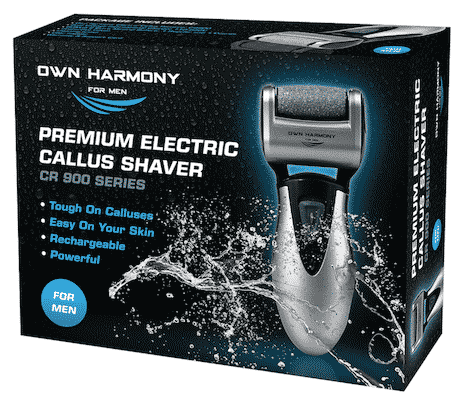
The roller has a sandpaper-like gritty texture, which turns even the thickest, hardest calluses into dust. At the same time, it smooths all areas of rough, dry, cracked feet.
Our Editor’s Choice pick is the Own Harmony Electric Callus Remover because of its top-notch features and professional results.
Foot Conditions an Electric Callus Remover Corrects
Dry, Crusty Feet
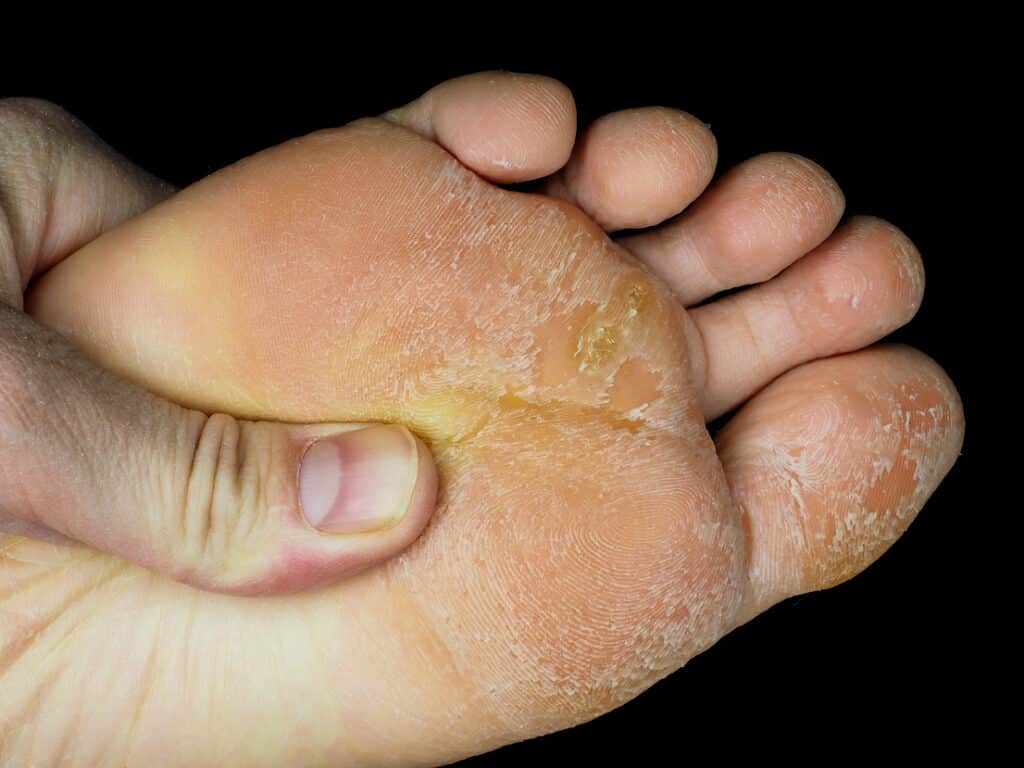
Dry, crusty feet comes from lack of moisture. When feet sweat a lot, then dry out quickly, skin loses its hydration. Eventually, skin gets so dry it will crust over and crack.
Athlete’s Foot
Athlete’s foot comes from a fungus and shows up on either extremely wet or dry feet. It causes severe itching, scaling, peeling, and cracking.
Toenail Fungus
The toenails are breeding grounds for all sorts of bacteria and fungus. This fungus can spread to other areas of the feet, causing chronic and embarrassing foot odor.
Athletes (Macho Men) Get Pedicures
Thankfully, the trend for so-called macho men, or athletes, is to pay more attention to their feet. There is not one sport that does not require a severe strain on feet.
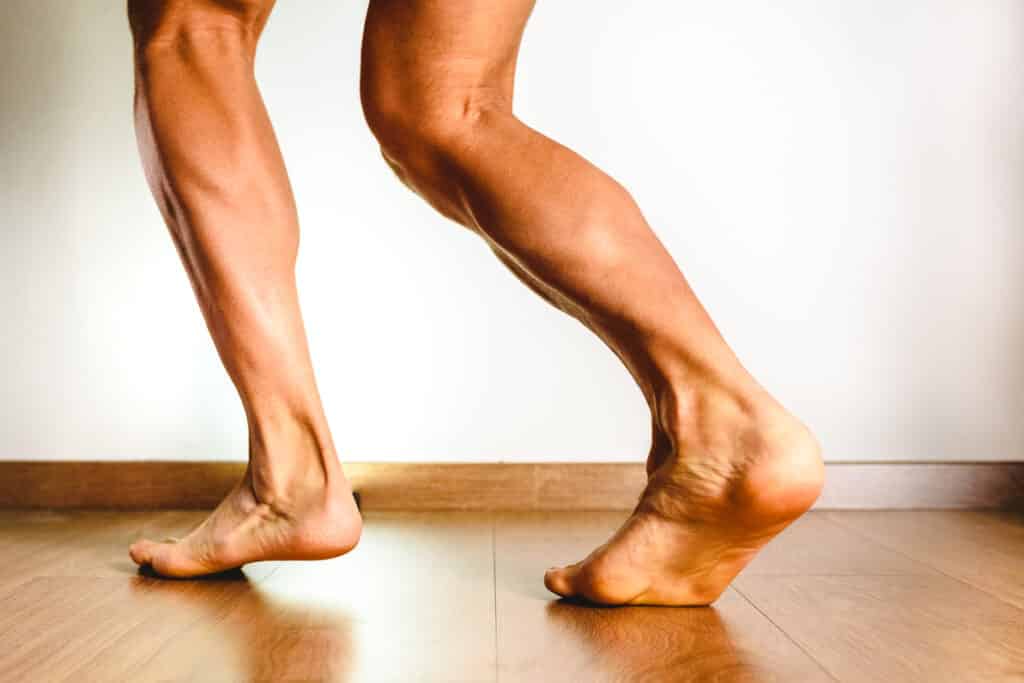
Take care of your #1 sports equipment piece, your feet, by giving them the care and attention that comes from a pedicure.
Benefits of Pedicures
By taking inventory of your feet and reasons why you may not be in love with them at the moment, what issues come up? A pedicure quickly addresses all of them and feels good. There are so many benefits of a pedicure:
- Softer skin
- Feet feel better (energized, hydrated)
- Toenails rock
- Feet smell better
- No longer a source of embarrassment.
Spa vs. At-Home Pedicure
You can enjoy the benefits of a pedicure either at a spa or DIY at home.
Here’s what a spa pedicure looks like:
- It will be a calming, relaxing experience starting with a scented foot soak if you visit a spa.
- The pedicurist will pat your feet dry and give your feet a massage, using either an essential oil or moisturizing lotion.
- Toenails will be cut, cleaned, and cuticles pushed back.
- Time investment: 30-90 minutes
- Financial investment: Expect to pay anywhere from $30-$60, depending on the services
- How often? At least once a month; preferably every 2-3 weeks
At-home Pedicure
For those who don’t want to make the financial or time investment or feel weird about it, you can enjoy a spa-like treatment at home.
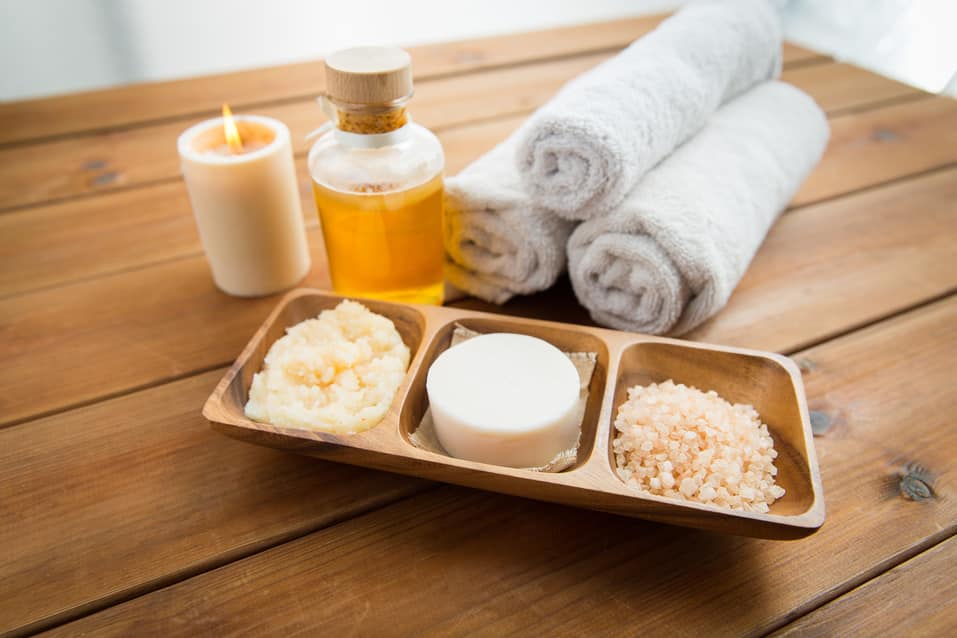
Gather up essential tools before beginning the pedicure. Essential tools include:
- Large bowl or tub for a foot soak
- Epsom salt or other softening additives for a foot soak
- Clean towels
- Nail clippers, nail file, emery boards
- Foot cream or lotion
- Callus removal tool (electric callus remover, pumice stone, foot file)
The process
- Soak feet in warm water with softening additives for about 10 minutes
- Pat feet dry
- Apply cuticle gel and push cuticles back with an orange stick or emery board
- Massage thick moisturizing cream into feet
- Time investment: 30-45 minutes
DIY Callus Removal Tools
Electric Callus Remover
An electric callus remover is a handheld device that removes calluses using a 360-degree rotating roller with a gritty textured head on rough areas of feet.
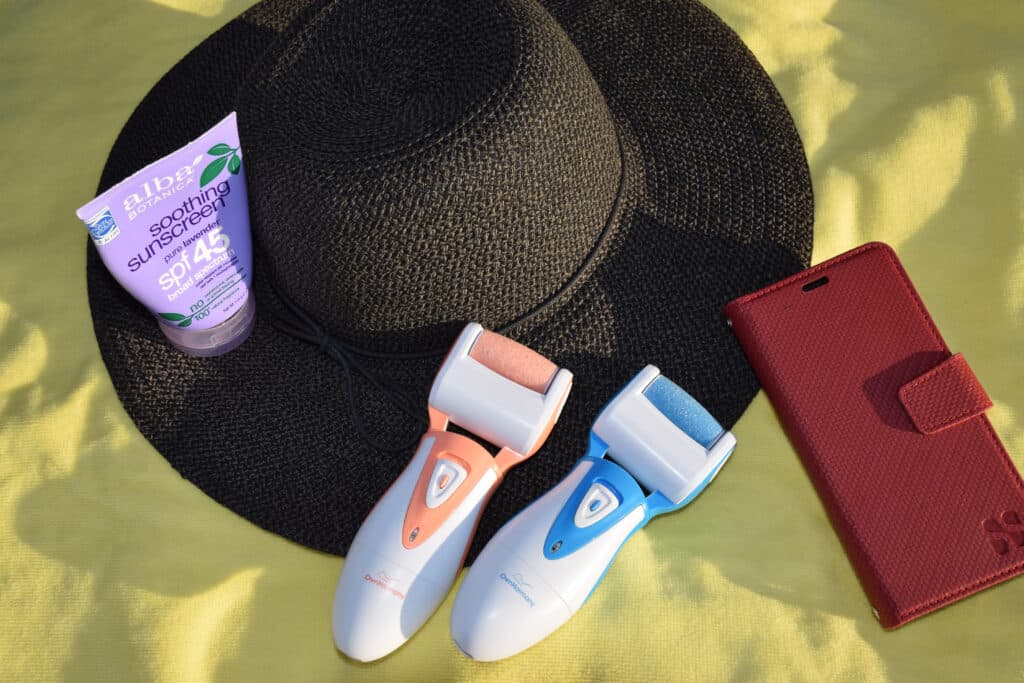
For men, especially, this tool can deliver high-quality results without needing more pedicure tools.
Pumice Stone
The rough-textured pumice stone is a handheld manual callus remover used by rubbing in a circular motion on rough or dry skin.
Foot File
A handheld, manual foot file removes calluses by using gentle upward or downward strokes on hardened skin.
Foot Creams, Gels
Foot creams and gels work by softening and dissolving away thick, hard calluses.
Foot Masks
Foot masks contain a fruit-based acid and slide over the feet like boots. A few days after treating, calluses soften, and hard skin peels off.
Foot Soak
Soaking skin in warm water with bath salts or oils soften callused skin for easier removal.
After experiencing the benefits and improvement you’ll notice in your feet’ health and appearance, you’ll understand why men do need pedicures.
